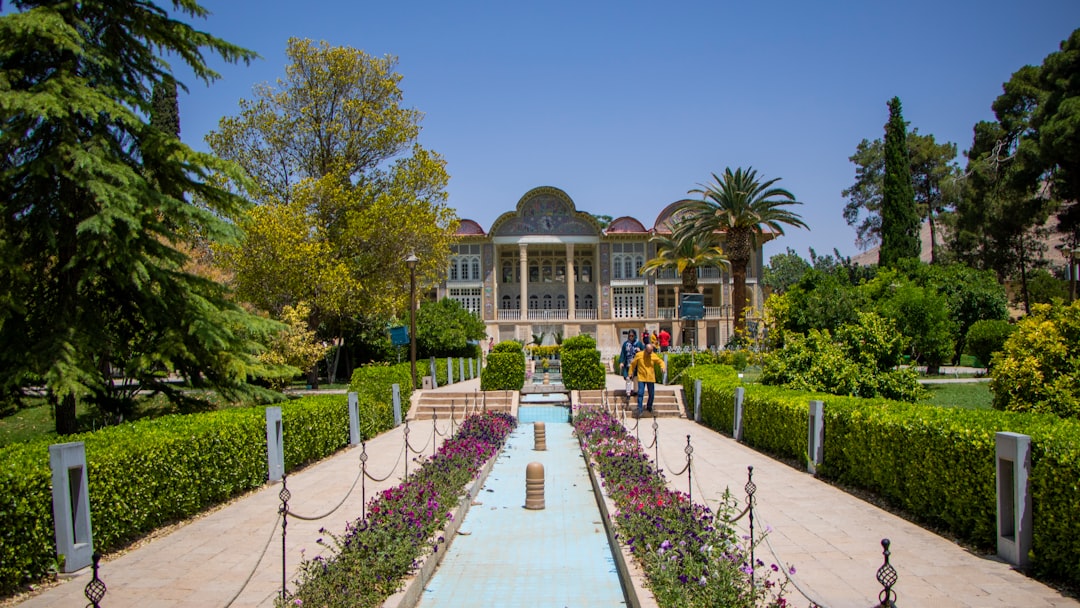Saadi of Shiraz’s Bustan (“The Orchard”), completed in 1257 CE, is a lyrical companion to his celebrated Golestan. Entirely composed in poetic masnavi (rhyming couplets), this work delves deeply into moral philosophy, offering moral exhortations and spiritual guidance on topics such as justice, generosity, love, and repentance. Through vivid imagery and pithy stories, Saadi invites readers to plant their own inner orchards of virtue.
A Glimpse at the Structure
Bustan is organized into ten thematic chapters, each ending with a concise moral couplet. The chapters move from the foundations of virtuous rulership to the intimate chambers of the heart:
-
Justice and Governance
-
Beneficence and Mercy
-
Love and Friendship
-
Contentment and Gratitude
-
Education and Talent
-
Repentance and Piety
-
Patience and Endurance
-
Asceticism and Detachment
-
The Rights of Parents
-
The Ways of the World
Each section typically opens with a Qur’anic or prophetic reference—framing the ethical lesson within an Islamic spiritual context—and follows with anecdotes, parables, and reflections.
Key Themes and Exemplary Passages
1. Justice as the Foundation of Kingship
“A scepter borne in justice though clad in rags
Outshines a diadem that crowns the tyrant’s head.”
Saadi illustrates his point with the story of a just king who trades his royal robes to save starving peasants—an emblem of true authority grounded in compassion. This story reminds rulers (and modern leaders) that power divorced from mercy becomes tyranny.
2. Generosity that Nourishes Society
“Better a hand that gives than lips that prate;
A loaf of bread outweighs a pound of praise.”
In one memorable tale, a wealthy merchant repeatedly welcomes a starving traveler into his home, giving away food even as his own coffers dwindle. His reward comes unexpectedly: neighbors band together to rebuild his granaries when famine strikes, demonstrating the reciprocal fruitfulness of benevolence.
3. Love, Friendship, and Loyalty
“A friend in need, when skies are all in flame,
Is worth more than jewels in a crown of fame.”
Saadi recounts two traveling companions who share all they own. When one falls ill, the other sells their only horse to buy medicine—an act that cements their bond and uplifts the entire caravan. Through this, Saadi underscores that true friendship is tested in adversity.
4. The Virtue of Contentment
“The soil of contentment, though harsh and dry,
Yields richer grain than fields of envy sown.”
A courtier laments his modest salary to Saadi, who tells him of a pauper so grateful for a single loaf that his heart burst with joy. Contentment, Saadi teaches, transforms scarcity into abundance of spirit.
5. Repentance and Spiritual Renewal
“Dust upon the mirror of your heart,
Kneel, wipe it, and behold your hidden art.”
Saadi’s chapter on repentance brims with stories of thieves who mend their ways after witnessing a holy man’s kindness, and monarchs who forsake extravagance to embrace humility. These vignettes affirm that no soul is beyond redemption.
Why Bustan Still Resonates
-
Universal Ethics in Poetic Form.
Saadi’s verses distill complex moral insights into memorable lines, making them easy to recall in moments of ethical challenge. -
Interplay of Story and Poetry.
By weaving narrative anecdotes with evocative couplets, Saadi ensures that lessons engage both the heart and the intellect. -
Spiritual Depth.
Rooted in Islamic teachings yet embracing universal human values, Bustan speaks to readers of any faith seeking guidance on living with integrity.
Tips for Delving into Bustan
-
Read One Chapter at a Time. Allow each theme—justice, mercy, friendship—to settle before moving on.
-
Memorize the Moral Couplets. These portable kernels of wisdom can guide daily choices.
-
Journal Your Responses. After each anecdote, note how you might apply its lesson in your life—whether in leadership, generosity, or friendship.
-
Discuss with Others. Small-group readings can uncover fresh insights as you compare modern parallels.
Conclusion
Saadi’s Bustan remains a verdant orchard of ethical reflection, where each poetic line can become a sapling of virtue in our own lives. By meditating on his stories of rulers who embrace justice, friends who sacrifice for one another, and seekers who return to the path of repentance, we cultivate character as enduring as the roses in his more famous companion work, the Golestan. Step into Saadi’s Orchard, and leave with your own heart bearing the fruits of kindness, wisdom, and moral courage.





